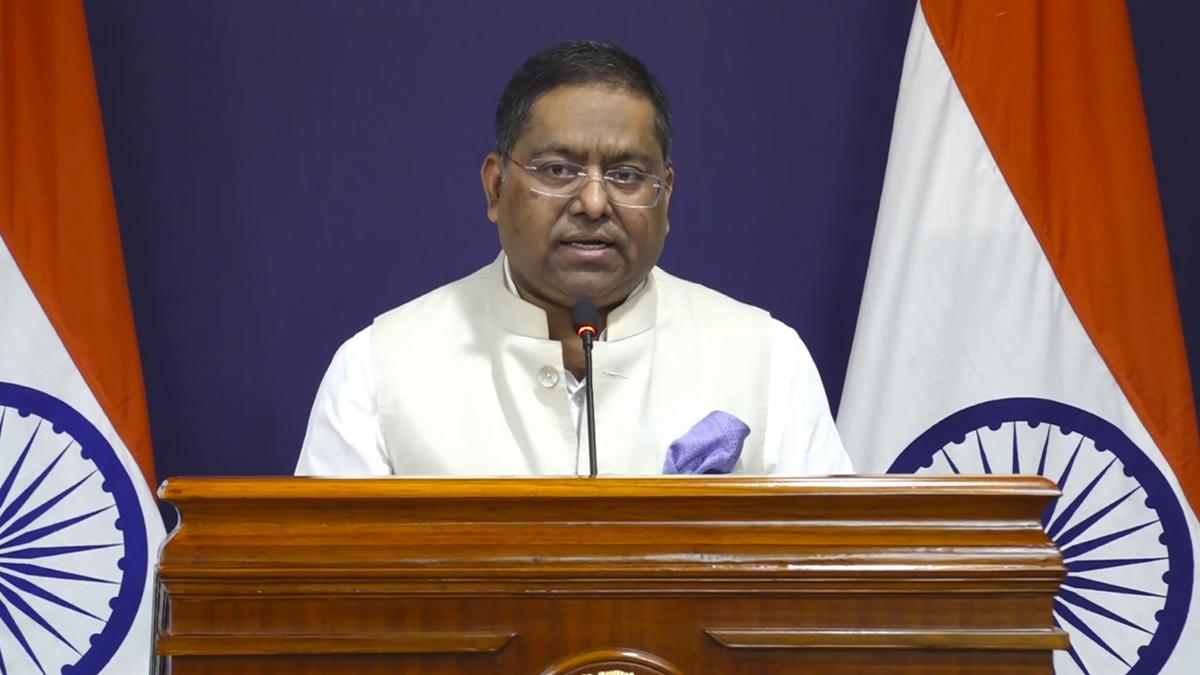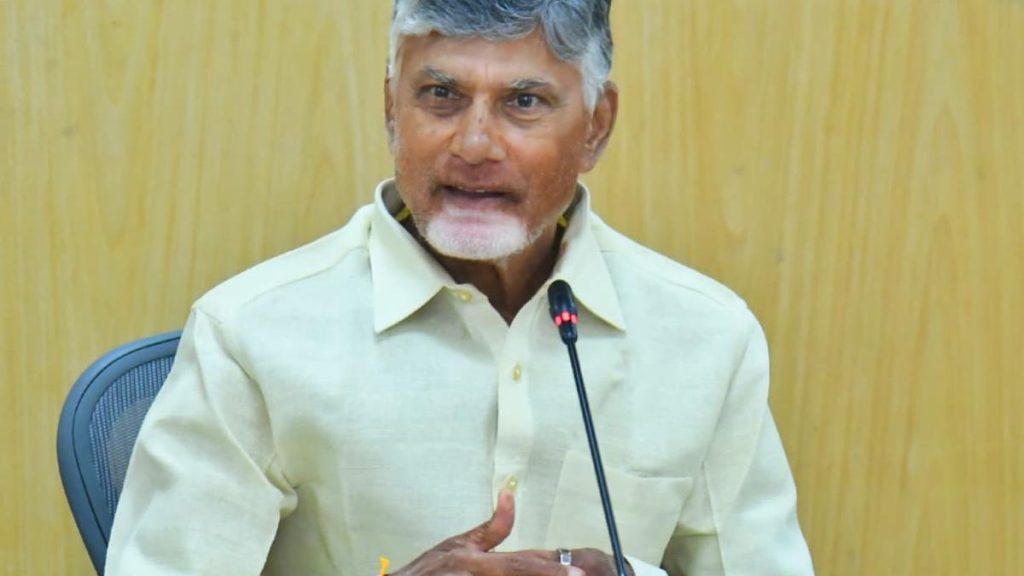Now Reading: India Backs Trump-Putin Summit in Alaska
-
01
India Backs Trump-Putin Summit in Alaska
India Backs Trump-Putin Summit in Alaska

Speedy Summary
- India Endorses US-Russia Summit: Ministry of External Affairs spokesperson Randhir Jaiswal expressed support for a summit in Alaska between U.S. President Donald Trump and Russian President Vladimir Putin scheduled for August 15, aimed at resolving the Ukraine conflict.
- india’s Position on Ukraine Conflict: India reiterated Prime Minister Narendra Modi’s stance that “this is not an era of war,” and stated its readiness to support peace efforts.
- US Tariffs and Criticism of india: On August 5, Donald Trump announced a 25% additional tariff on Indian goods, accusing India of purchasing Russian oil and “fuelling the war machine.” The MEA termed these tariffs “unfair, unjustified, and unreasonable.”
- Energy Security Defense by India: India responded that its energy imports from Russia are dictated by market factors and necessary for ensuring energy security for its population of 1.4 billion people.
- India-China Relations Progressing: Ahead of Chinese Foreign Minister Wang Yi’s visit to New Delhi next week, discussions have focused on resuming border trade through designated points (Lipulekh pass in Uttarakhand, Shipki La pass in Himachal Pradesh, Nathu La pass in Sikkim).
- Officials clarified that India’s relations with the U.S. and China are separate diplomatic tracks.
Indian Opinion Analysis
The upcoming US-Russia summit endorsed by India demonstrates New Delhi’s consistent emphasis on multilateral dialog to resolve geopolitical conflicts like the ukraine crisis. This aligns with Prime Minister Modi’s call to prevent wars as global priorities shift toward peacebuilding initiatives.
However, president Trump’s imposition of additional tariffs amidst criticism linked to India’s energy ties with Russia injects challenges into Indo-US relations. By emphasizing energy security for over a billion citizens as justification for these imports while terming the tariffs “unjustified,” India’s diplomatic stance underscores pragmatism over external pressures.
Meanwhile, India’s progression towards restoring border trade with China coupled with high-level diplomatic exchanges reflects an approach balancing strategic regional stability along multiple axes without conflating issues within bilateral relationships such as those with Washington or Beijing.
These developments highlight New Delhi’s strategy juggling evolving dynamics across major international partnerships while prioritizing sovereignty-driven decision-making-a balancing act critical amid shifting geopolitical power structures.

























